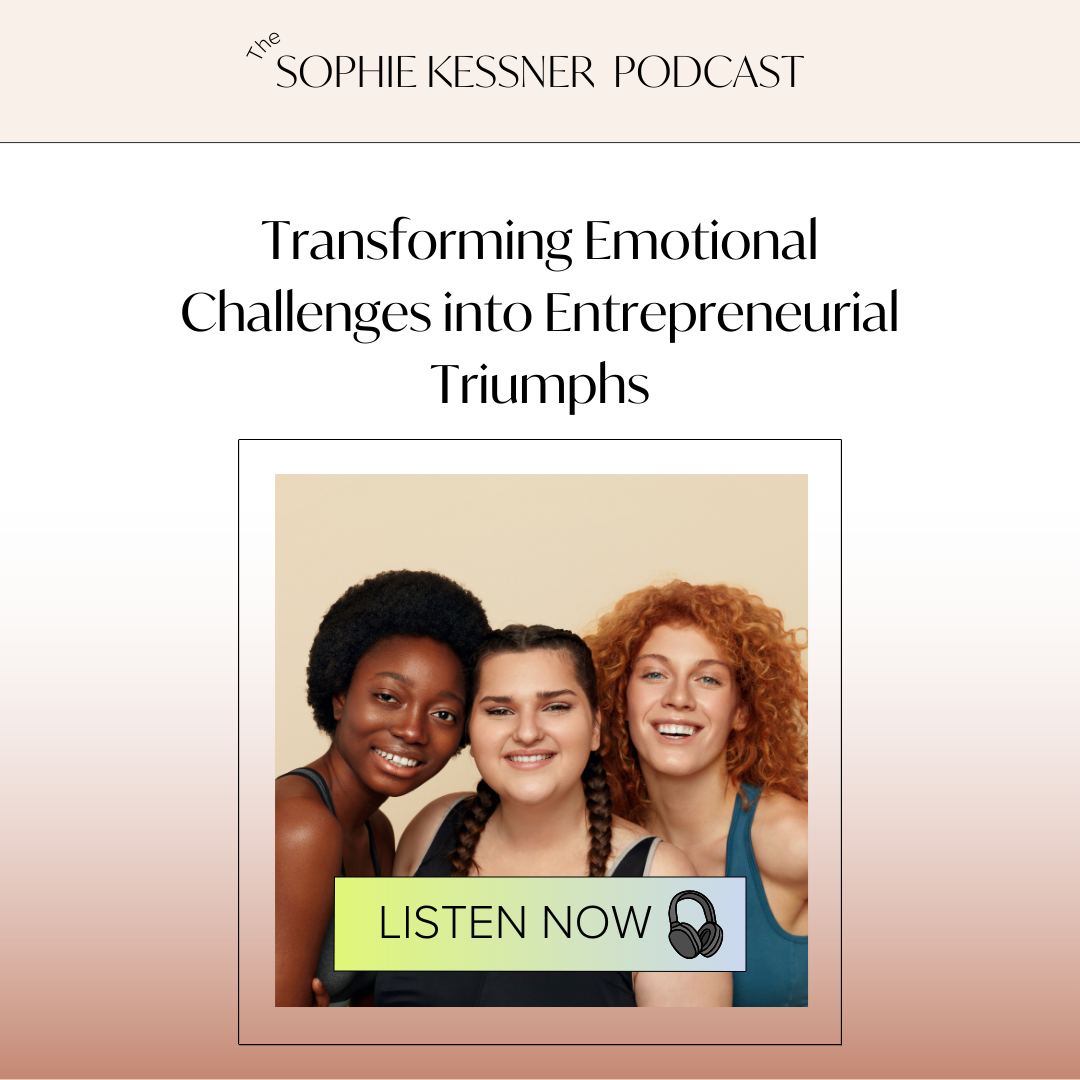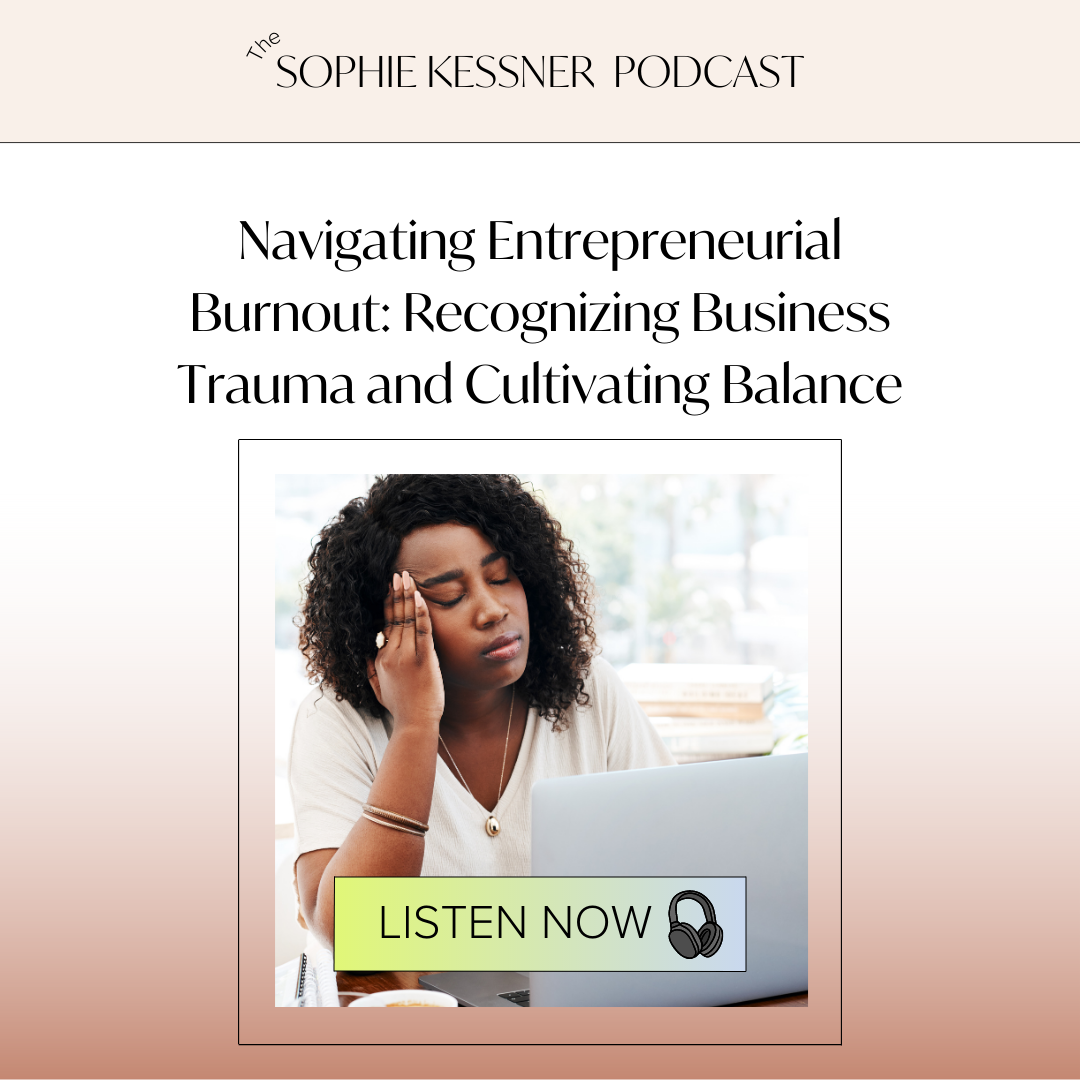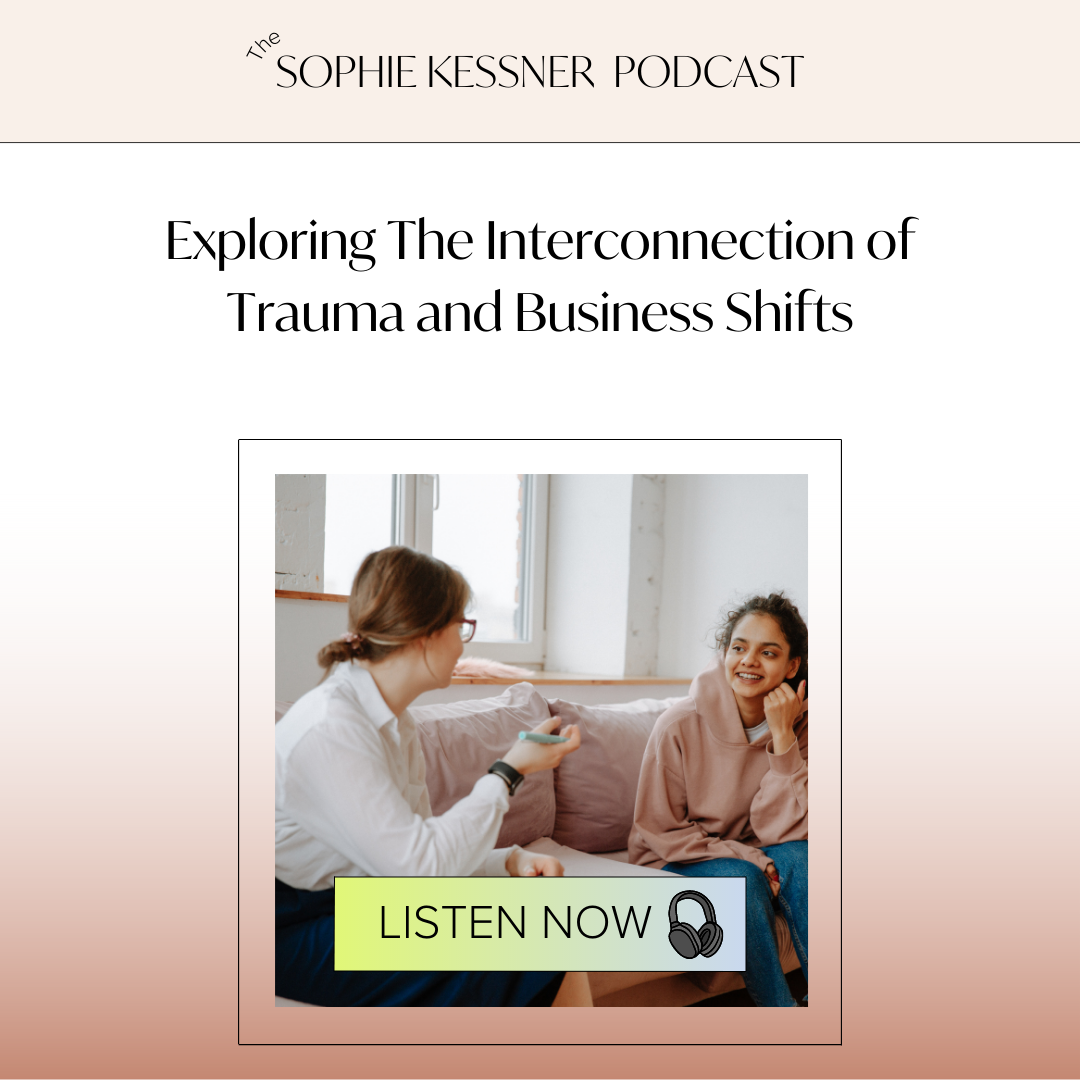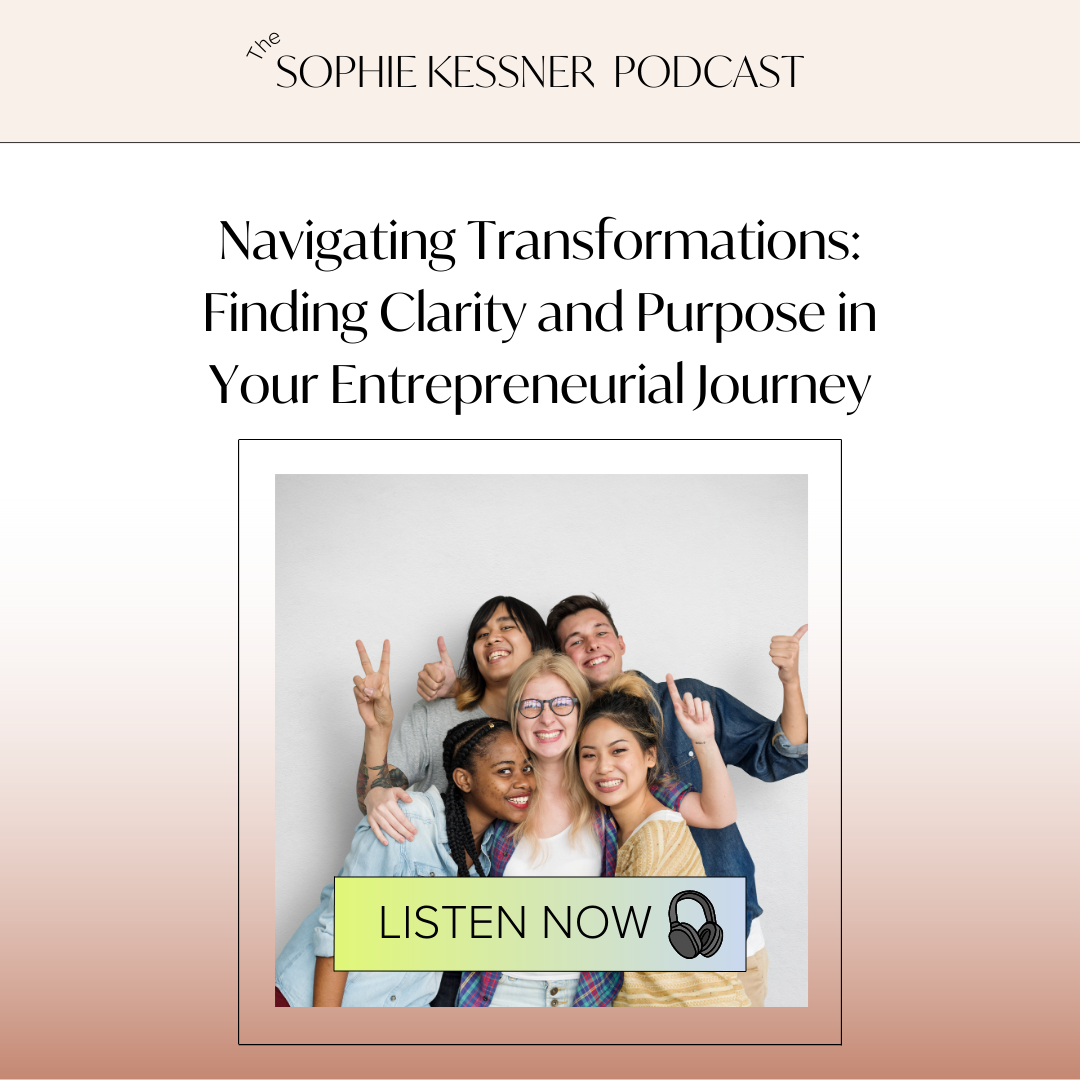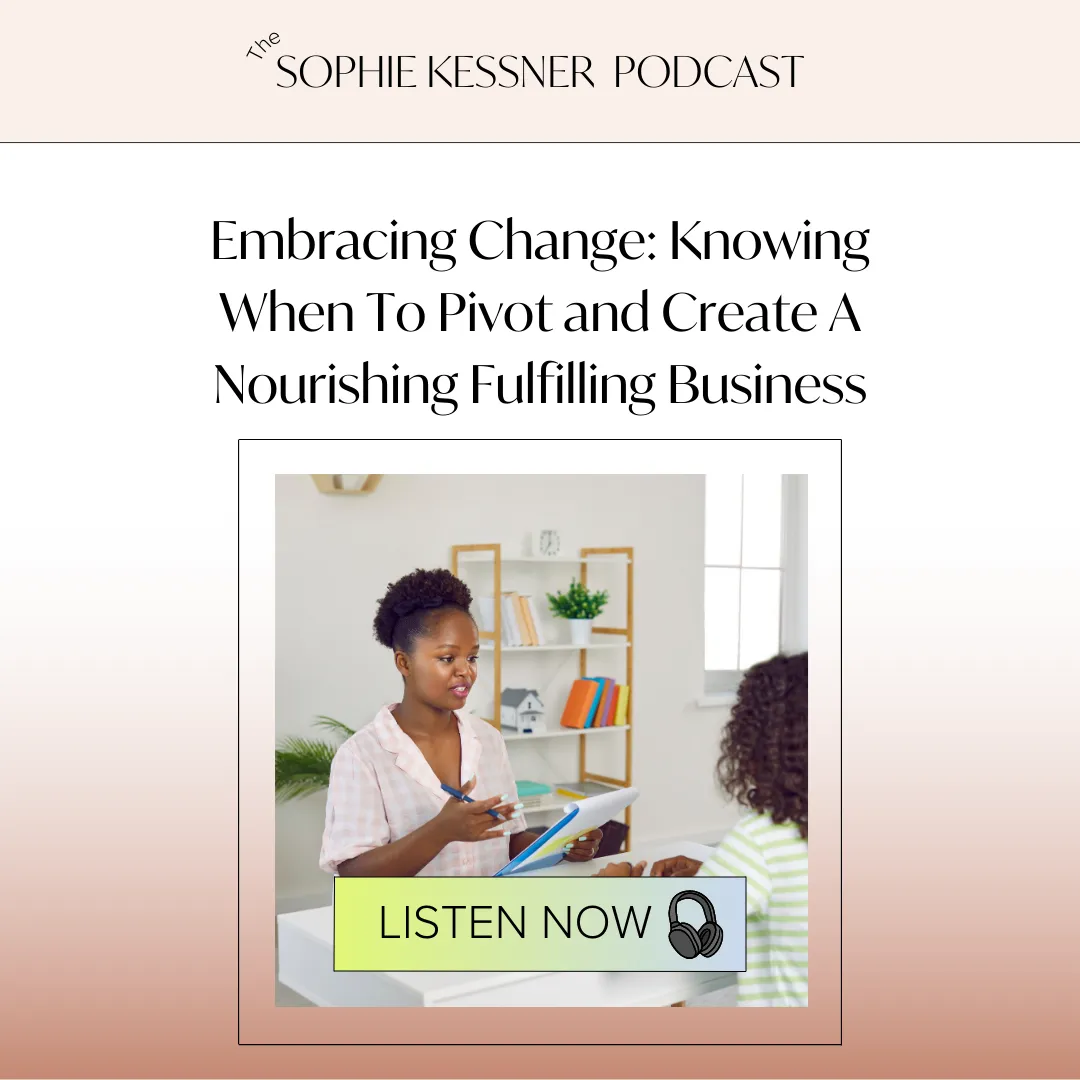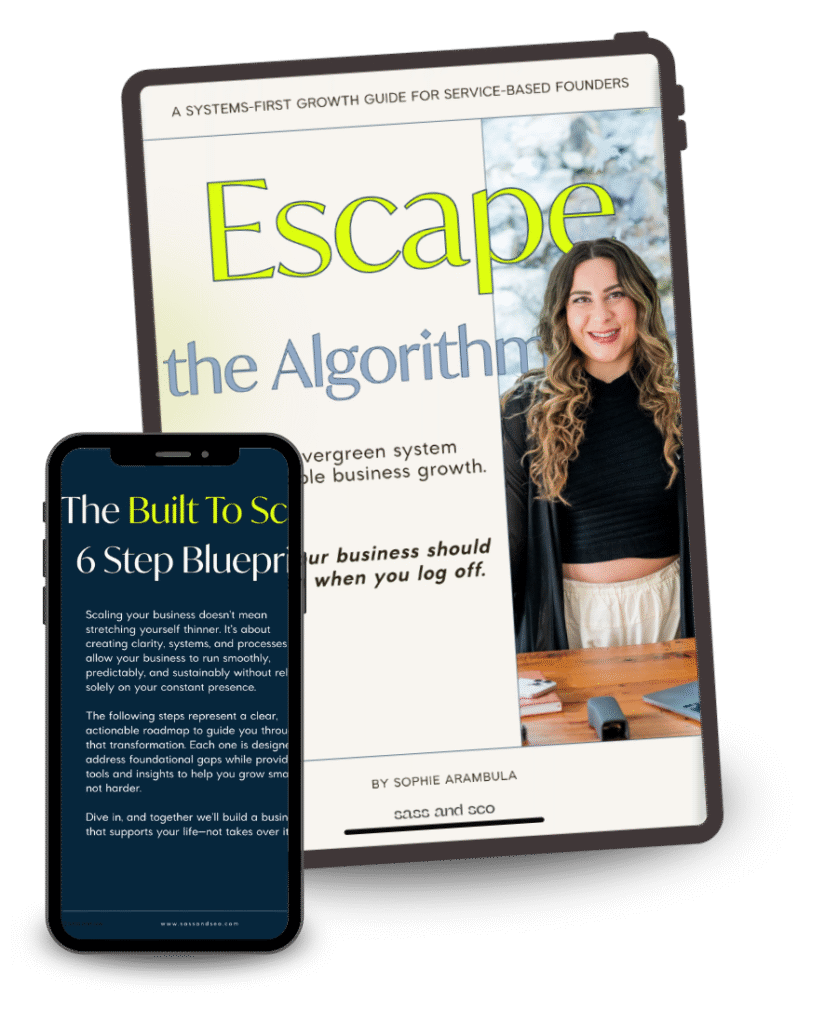Introduction
Social media platforms promise visibility, community, and connection—but beneath the surface, they run on a very different logic: monetizing attention. On this episode of The Sass and SEO Podcast, we unpack the Attention Merchant Business Model and how it impacts the way online businesses are built.
If you’ve been growing your business online but feel drained, stuck in an endless loop of creating content with little payoff, this episode will help you understand why—and what to shift.
For deeper insights on the economics of ad-driven platforms and the value of your attention, start with our blog Why Organic Reach Feels Broken
You Are the Product: The Pyramid of Attention
Most people believe they are the customer on social media. But the truth is more complex.
“You’re not the customer. You’re the product.”
At the base of this system is you, the user. Social platforms offer free access and infinite scrolling—but in return, they collect your data, track your habits, and sell your attention to advertisers. This is the foundation of the attention merchant model.
This model doesn’t just apply to advertisers; it affects creators and small businesses too. Our article, How to Build Systems That Make You the Priority, breaks down how service providers can escape these traps.
The Real Customer is the Advertiser
97% of Facebook’s revenue comes from advertising.
This means their business isn’t designed to serve creators, small businesses, or even casual users—it’s designed to serve advertisers who pay for your attention.
The flow is simple:
- Users engage with content (free).
- Platforms analyze your behavior for insights.
- Advertisers pay to target you based on this data.
“Even the most thoughtful organic content can get swallowed by the noise of ads and viral trends.”
This system prioritizes visibility for paid campaigns, often leaving nuanced, intentional content buried. For tips on structuring an intentional approach that bypasses this noise, head to Why You Don’t Need to Overpost.
The Double-Bind of the Creator Economy
Social media platforms position themselves as champions of the creator economy, but their incentives ultimately benefit the platform.
“We’re both the asset and the consumer. We create engagement-driving content and then pay to be seen by the audience we’ve built.”
If you’ve felt the algorithm squeezing more out of you—and demanding even more to maintain visibility—you’re not imagining it.
For a breakdown of how to reverse this reliance on algorithms, check out How to Make Evergreen Content Work Harder.
The Myth of Paid Ads as a Quick Fix
Paid ads are often seen as the go-to solution for visibility. While they can work, they’re not always the right choice, especially for businesses without room to test and refine campaigns.
“I’ve spent tens of thousands of dollars on ads, and the biggest lesson? Ads amplify a working strategy—they don’t create one.”
Ads work best when:
- Your offer is proven and validated.
- You have performance analytics to guide adjustments.
- Resources exist to manage iterative campaigns.
Without these fundamentals, even the best ad strategy risks burning through resources unnecessarily. Learn how we help simplify your foundational systems with guides like Is Social Media the Right Focus for You?.
Stop Building on Rented Land
Depending entirely on social platforms makes your business vulnerable. Algorithm changes, hacks, and declines in engagement can destabilize what you’ve built overnight.
“Social media should be a tool—not your entire business strategy.”
The most sustainable businesses connect social media with owned ecosystems like:
- Email lists.
- Long-form educational content on blogs or YouTube.
- Evergreen content libraries tailored to FAQs.
We discuss how to future-proof your growth strategy in Streamline and Automate Your Success.
Why Email and SEO Still Matter
Email marketing provides direct, consent-based communication that doesn’t rely on an algorithm to reach your audience. Similarly, SEO delivers consistent, long-term visibility for people actively searching for services like yours.
“SEO compounds over time. Social media disappears within 48 hours.”
If you’re new to SEO or unsure how to start, our article How to Elevate Visibility Without Extra Hustle details how small, intentional efforts yield compounding gains over time.
Final Thoughts
Understanding the Attention Merchant Business Model allows you to build with intention and reclaim your business strategy. You don’t have to abandon social media—but you should center efforts that give you independence and longevity.
Design your ecosystem around systems that create freedom, not reliance. Because at the end of the day, your attention shouldn’t just generate value for others—it should generate value for you.
Additional Resources
Streamline and Automate Your Success
Why Organic Reach Feels Broken





